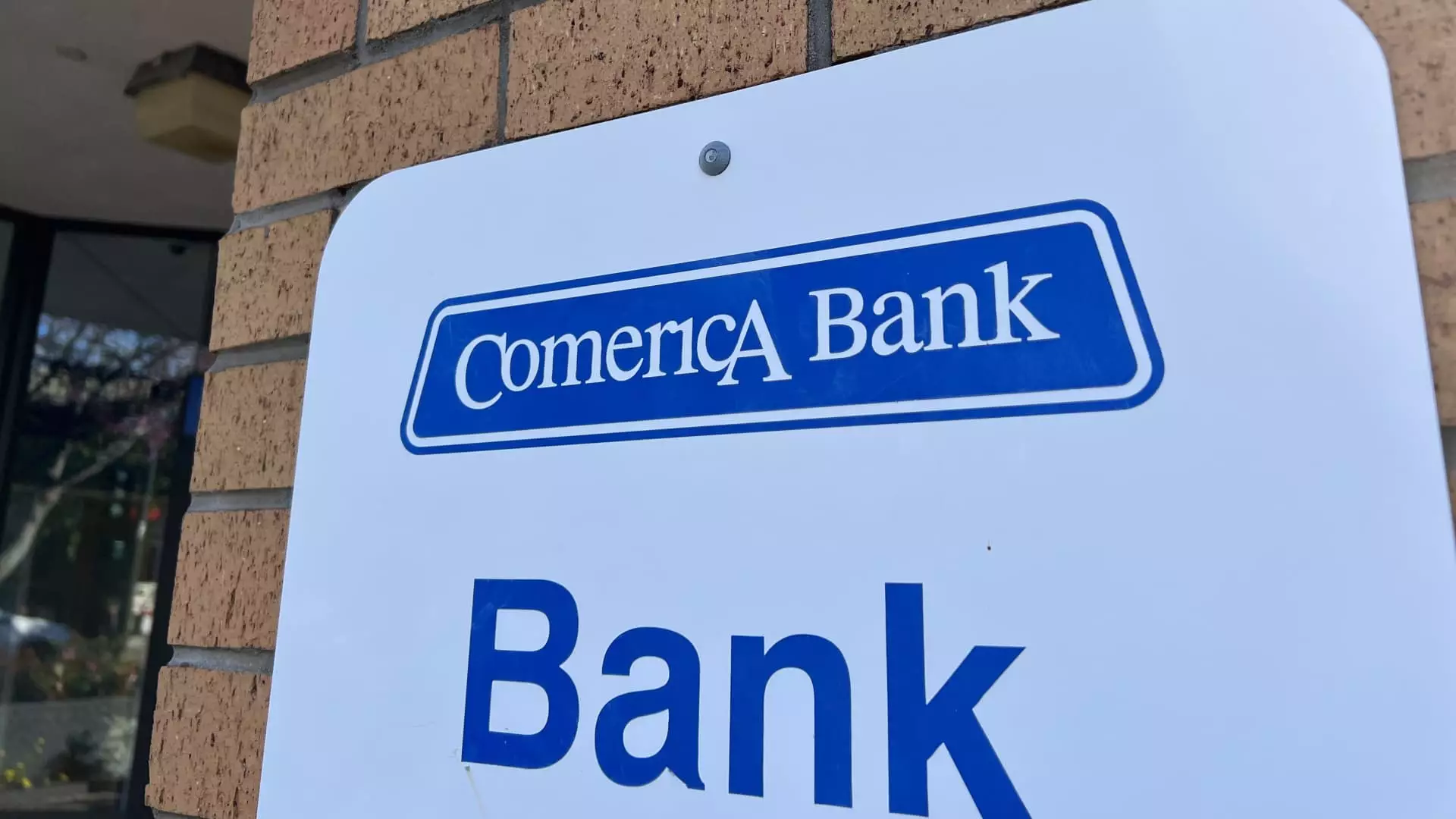The Consumer Financial Protection Bureau (CFPB) has leveled serious accusations against Comerica Bank, focusing on the alleged mismanagement of the Direct Express prepaid debit card program. This program is crucial for federal benefit recipients, such as Social Security beneficiaries, as it facilitates their access to essential funds for living expenses. The CFPB’s grievance revolves around allegations of excessive customer service call disconnections, improper ATM fees, and mishandling of fraud complaints, which they assert have undermined the interests of millions of vulnerable Americans.
Impact on Vulnerable Populations
It is important to highlight that the Direct Express program predominantly serves individuals who may not have access to traditional banking services, including the elderly and disabled. These populations often rely heavily on consistent and reliable access to their benefits. The allegations that Comerica intentionally terminated millions of customer service calls is concerning, as it raises questions about the bank’s commitment to serving a demographic that typically requires attentive support and assistance. By purportedly profiting from disconnects and incorrect fees, Comerica is accused of prioritizing financial gain over the welfare of its cardholders.
CFPB Director Rohit Chopra’s statements suggest a deliberate strategy by Comerica to exploit the vulnerabilities of its customer base, thereby exacerbating the financial struggles faced by those on fixed incomes. This raises ethical concerns about corporate responsibility and the obligations of financial institutions toward their clients. By charging ATM fees that recipients allegedly did not owe and failing to handle fraud complaints appropriately, Comerica appears to have neglected fundamental aspects of customer service that are especially essential in high-stakes situations involving federal benefits.
In response to the CFPB’s lawsuit, Comerica has filed its own complaint asserting that the bank has been unfairly targeted and that it has operated in accordance with federal regulations and oversight for the Direct Express program. Comerica officials argue that the CFPB has failed to recognize the context in which they operate and claim that their intent has always been to provide quality service within the constraints of regulatory requirements. This highlights the complex nature of the financial services sector, where accountability and oversight from both institutions and government entities can sometimes conflict, leading to disputes such as this.
It is essential to consider the CFPB’s history of holding financial institutions accountable for inadequacies in service delivery, particularly in handling government benefits. Although the bureau’s regulatory approach has been subject to scrutiny, it has achieved notable outcomes in past cases, such as fining Bank of America for lapses in managing state unemployment benefits. This context establishes a precedent for the CFPB’s current actions against Comerica and illustrates an ongoing effort to enforce ethical standards and protect consumers in the finance industry.
As the legal proceedings unfold, the scrutiny surrounding Comerica Bank and its involvement with the Direct Express program raises critical questions about corporate ethics, consumer protection, and the responsibilities of financial institutions. Both sides present compelling arguments, but ultimately, the outcome of this case will have significant ramifications for future oversight and service quality in financial dealings with vulnerable populations. The CFPB’s actions serve as a reminder of the importance of accountability within the banking sector, especially when it comes to safeguarding the rights and needs of those relying on federal benefits.

